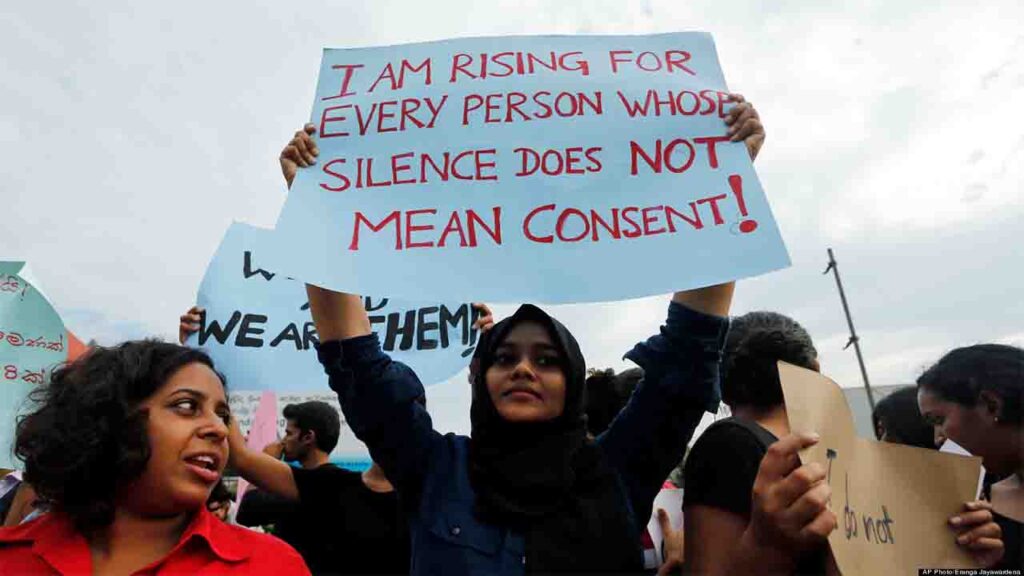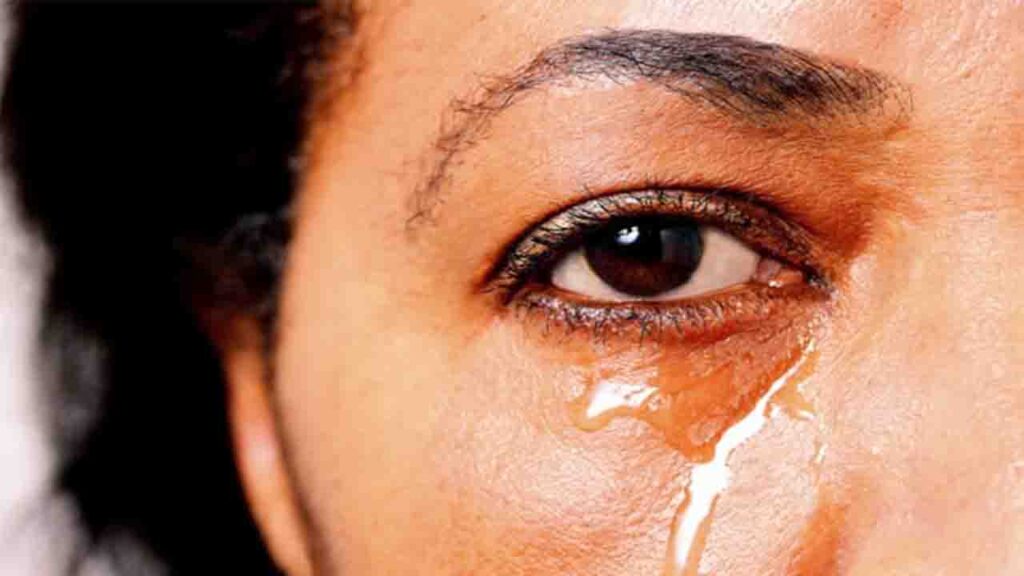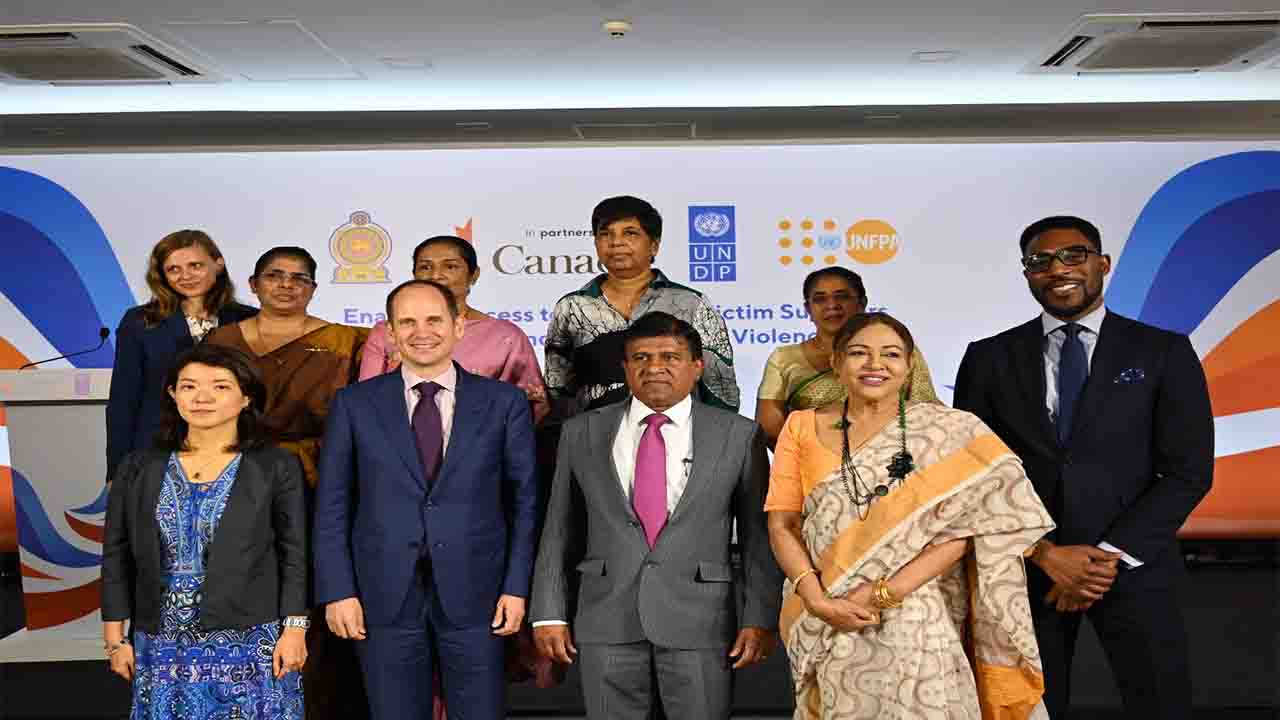Colombo Sri Lanka (Commonwealth Union)_There are rampant incidences of sexual gender-based violence (SGBV) in Sri Lanka, widespread across families, communities, and the workplace. Recent news reports have placed the spotlight on the increasing frequency of SGBV against women and girls, with some ending in the torture and death of adult women as well as teenage girls. Social norms in Sri Lanka dictate widespread inequality between genders which are most often seen in socially and economically disadvantaged communities.
The Government of Canada together with the Ministry of Justice, UNDP, and UNFPA have formed a collective together with the Ministry of Justice in Sri Lanka to enable access to justice for victim-survivors of SGBV. Funded by Canada, the five-year project aims to instigate a justice sector approach in addressing SGBV against women and girls as well as gender minorities.

The statistics are staggering. According to a study done in 2019 by the UNFPA, one in five women, that is 20.4 percent of women and girls have experienced sexual and/or physical violence by an intimate partner in their lifetime. 24.9 percent, one in four have been subjected to sexual and/or physical violence since the young age of fifteen. But despite the numbers, few resort to getting support or redress. Incidences are rarely reported to the police or healthcare centers, primarily due to the stigma attached to the victim in a social and cultural context and access to the justice system being remote and sometimes, unattainable. Only one-third of victims have approached the police with their complaint and just one-fifth have requested support from healthcare centers.
The ‘Enabling Access to Justice for Victim-Survivors of Sexual and Gender-Based Violence (SGBV) in Sri Lanka’ project aims to empower women, girls, and gender minorities who are SGBV victim survivors, giving them access to justice and enable them to demand and receive better services, working towards a society free of SGBV. The whole-of-country approach proposed by the project for transformative change aims to bring key stakeholders in the formal justice system and law enforcement together. The work will be supported by initiatives in the health and medical sectors, ministerial agencies on women’s affairs, and civil society organizations with an emphasis on women’s rights organizations (WRO) at the national level.

The project embraces the framework and guidance of Canada’s Feminist International Assistance Policy (FIAP) which addresses inequality amid the macro picture of eradicating global poverty. The empowerment of women and girls is centric to this framework, with economic and social independence being the overarching tenet that spurs the economic growth of communities and nations.
Using partnerships with multi-sectoral stakeholders, the innovative approaches will engage men and boys to prevent SGBV, enable gender-responsive legal aid, a post-shelter economic support program, and work on breaking the behavior and norms that bias society. The legal and support system will be established on a sensitive and practical foundation, which would be new but effective for Sri Lanka.
Designed to be victim survivor-centric, the project which is a result of wide consultations is anchored in the pillars of enforcement, services, and prevention. The aim is to make the justice pathway safe and inclusive while being equipped to enforce policies that provide access to victim-survivors. Resources to provide better services, address harmful social norms via the prevention, and create agency for women, girls, and gender minorities to access the justice system and be assured of a life free of threats and violence is the ultimate goal of the project. And it is hoped that with these interventions, Sri Lanka will be able to reduce the spiraling numbers and extend a true lifeline to victim-survivors.







